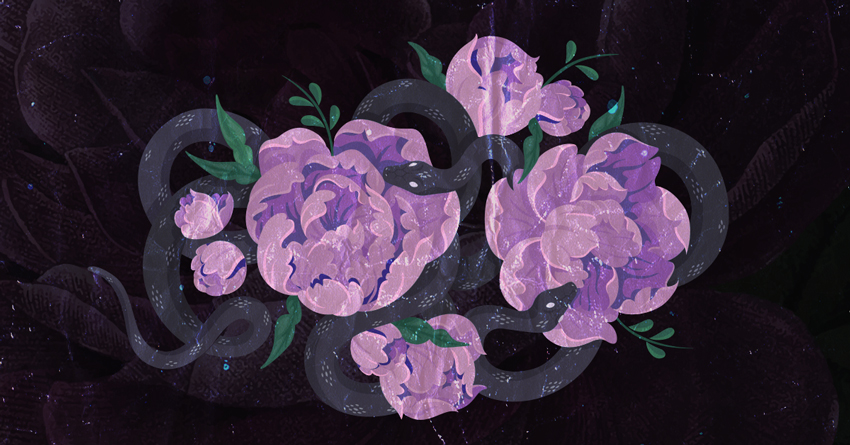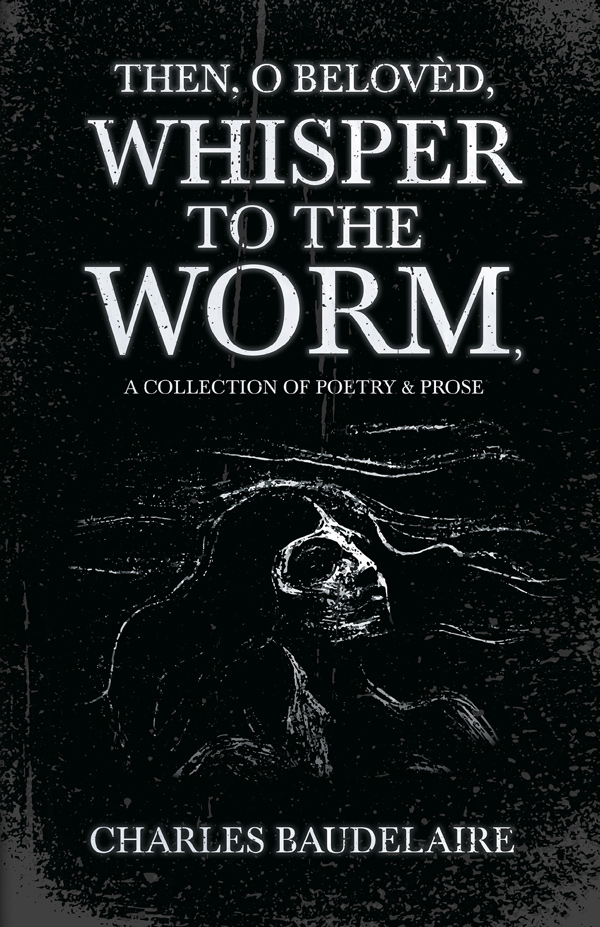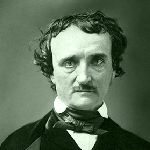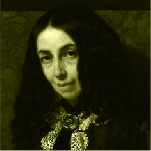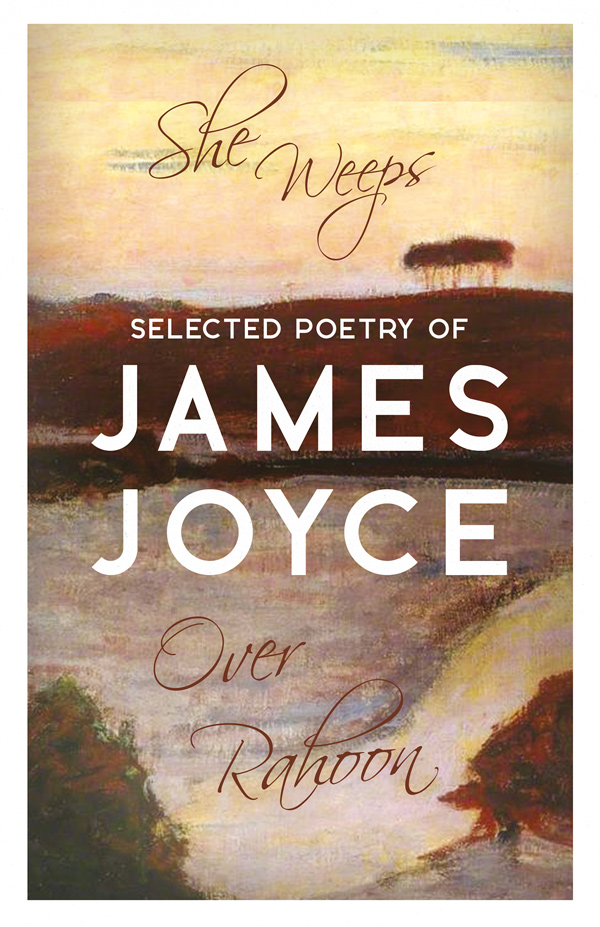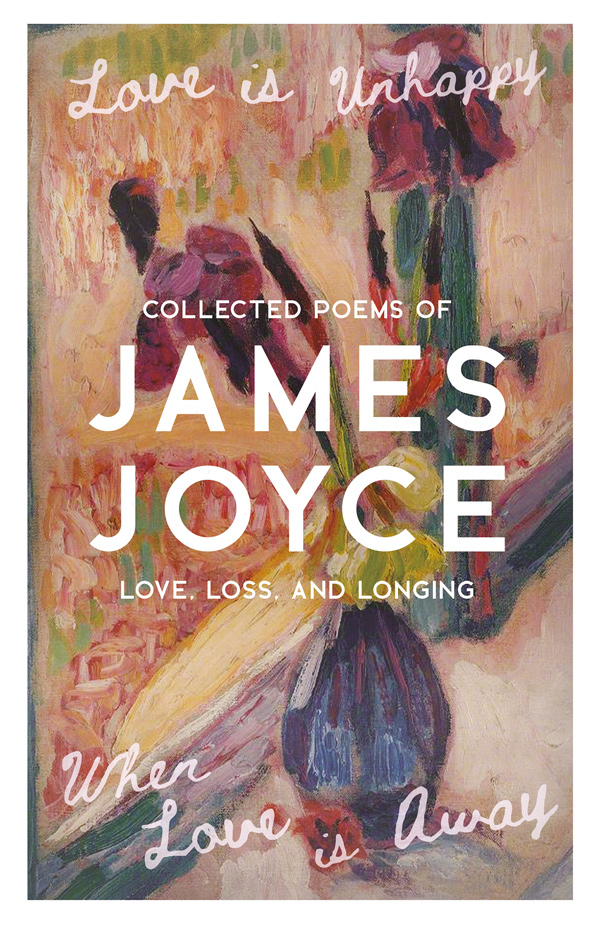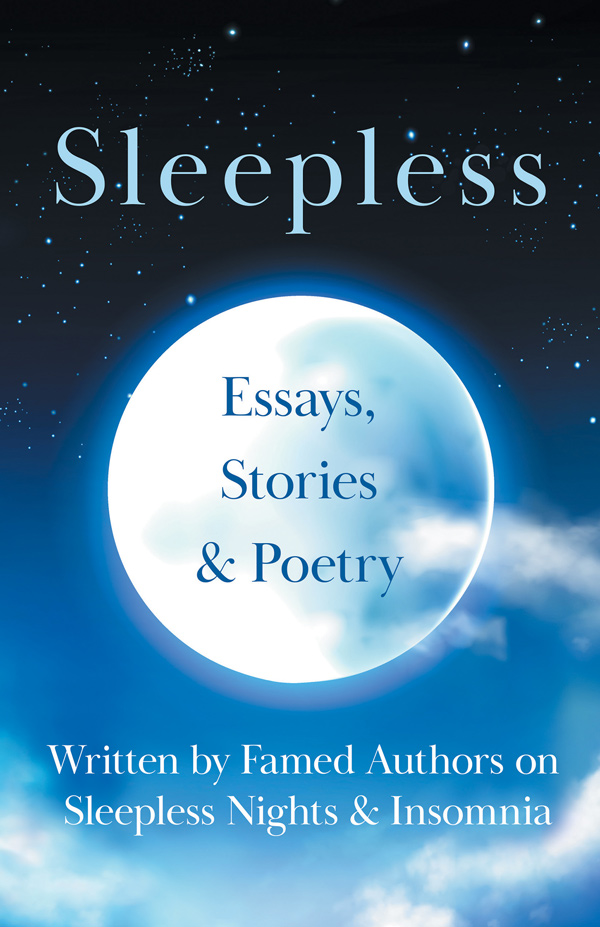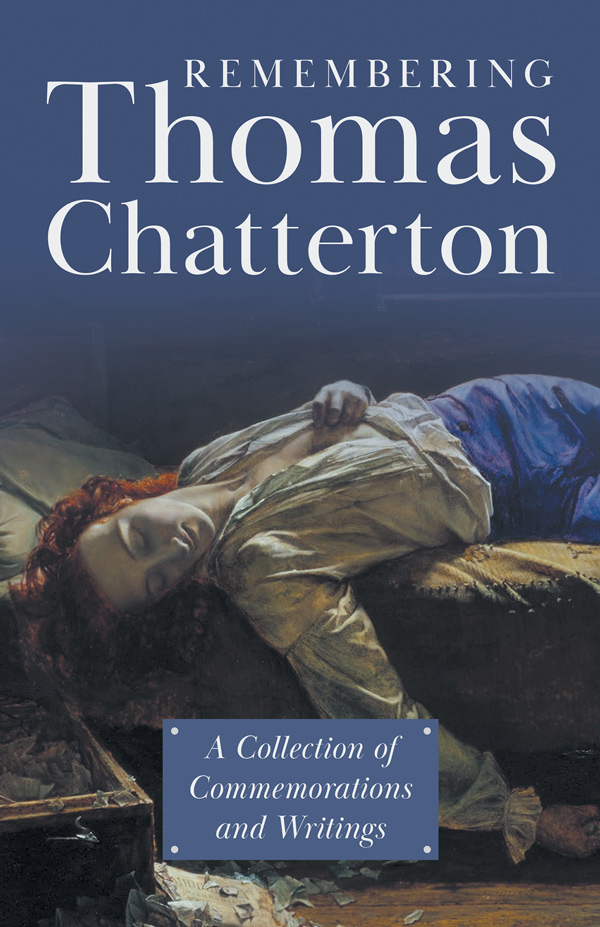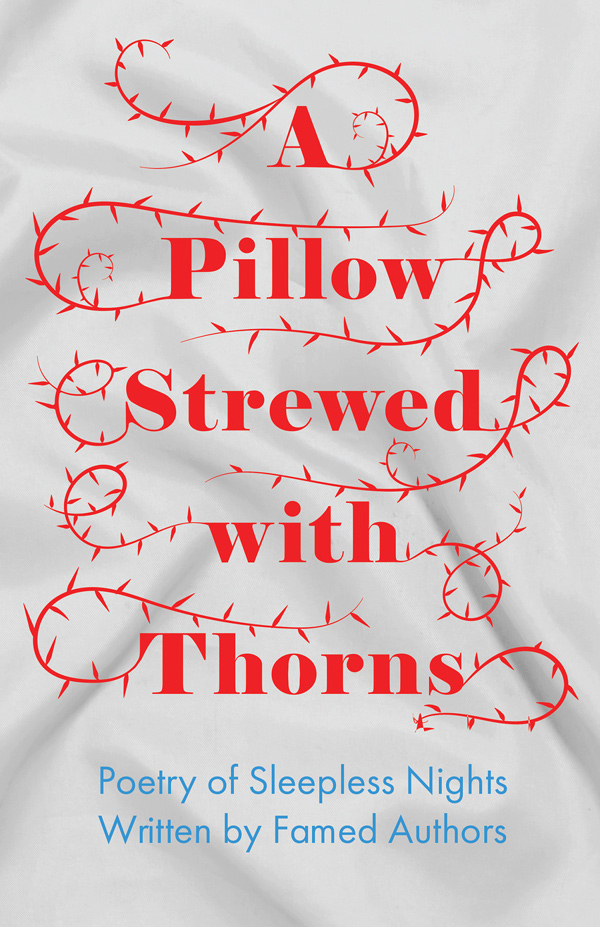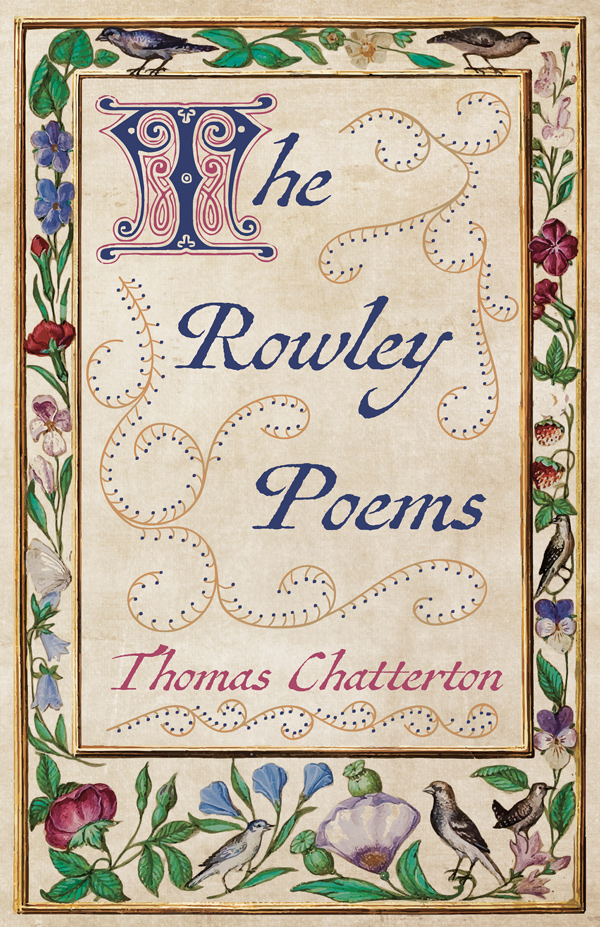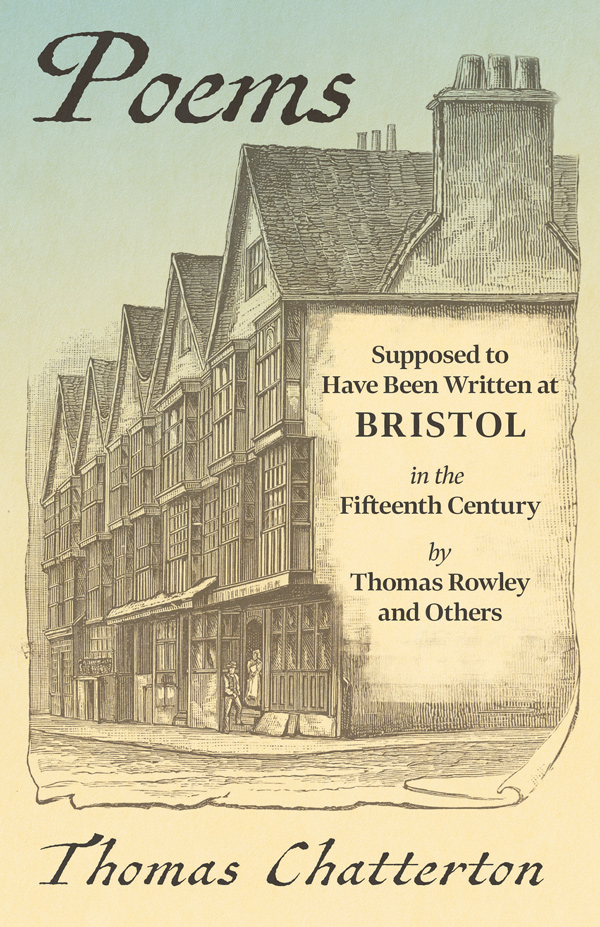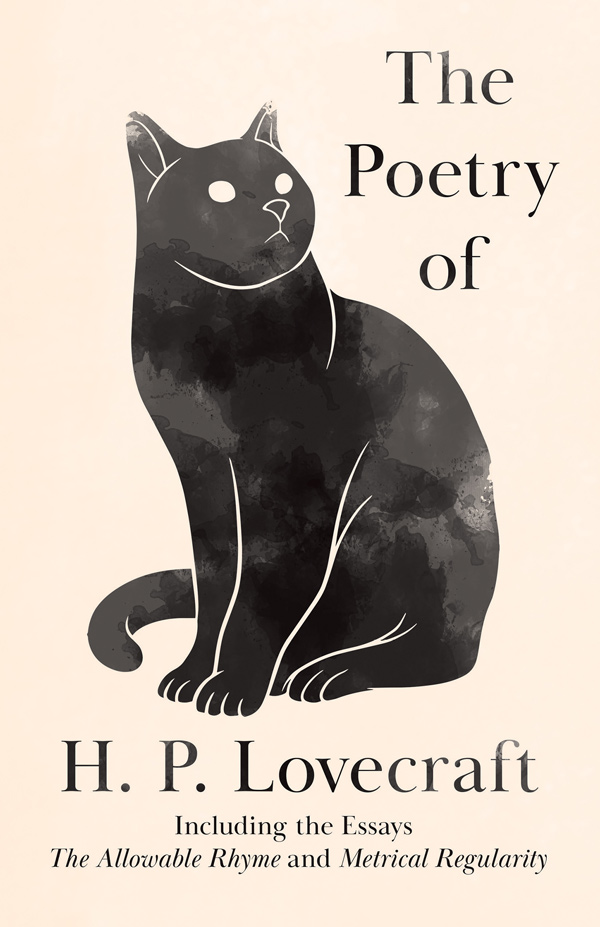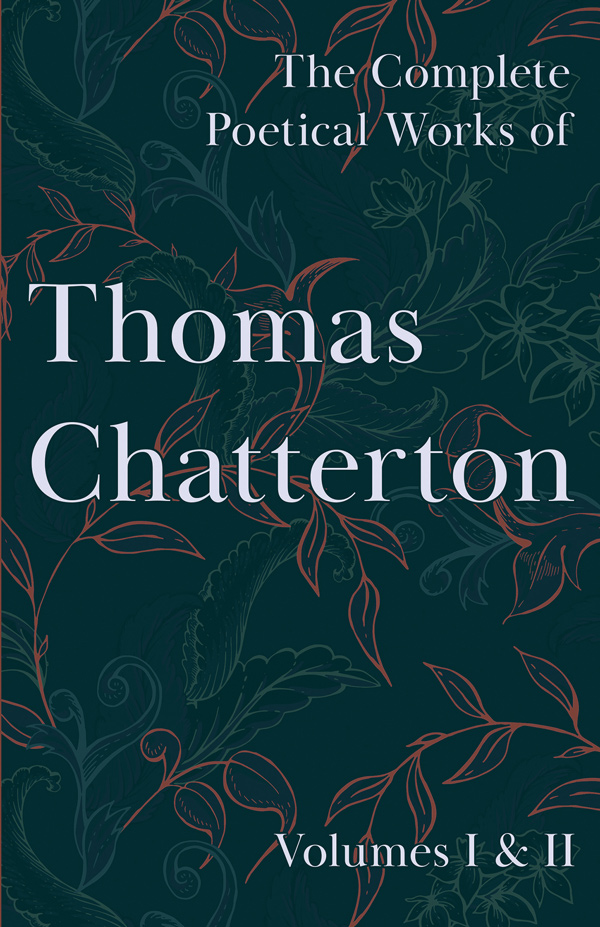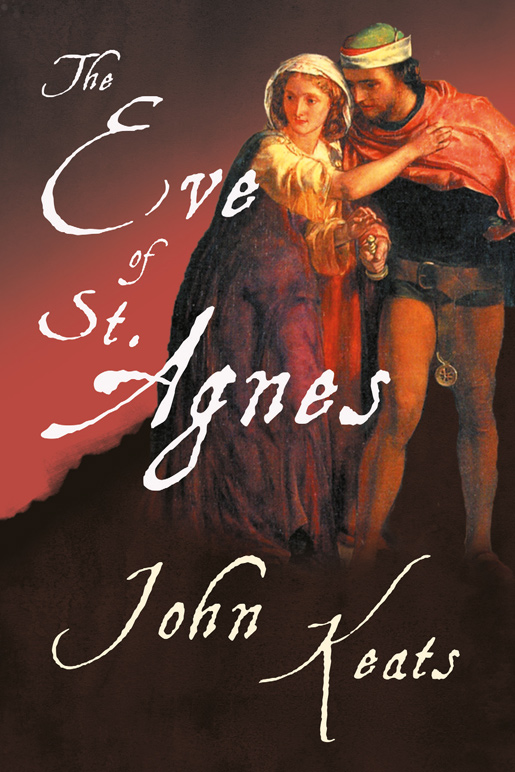Featuring work from the likes of Charles Baudelaire, Edgar Allan Poe, and Christina Rossetti, the gothic love poems on this list are perfect for dark declarations of love on Valentine’s Day.
Particularly good for lovers of the macabre and those in favour of something a little less sickly-sweet, these anti-valentine poems are hauntingly beautiful, touching on the themes of love, life, and death.
A mesmerising pocket-sized anthology of classic poetry that embraces the exquisite beauty, profound darkness, and macabre romance of gothic literature.
Gothic Love Poems
Explore the list of our most romantic gothic love poems below.
‘It may not be generally known, that Gothic poetry, is much like that style of architecture, wonderfully enriched all over with images and tracery.’
—The Literary Life of Miscellanies of John Galt, 1834
SOFTLY as brown-eyed Angels rove
I will return to thy alcove,
And glide upon the night to thee,
Treading the shadows silently.
And I will give to thee, my own,
Kisses as icy as the moon,
And the caresses of a snake
Cold gliding in the thorny brake.
And when returns the livid morn
Thou shalt find all my place forlorn
And chilly, till the falling night.
Others would rule by tenderness
Over thy life and youthfulness,
But I would conquer thee by fright!
A fantastic collection of selected poetry by the French poet, art critic, and essayist Charles Pierre Baudelaire. Baudelaire’s wonderful poems are known for their masterful use of rhyme and rhythm, which, together with their Romantic exoticism, inspired a whole generation.
It was many and many a year ago,
In a kingdom by the sea,
That a maiden there lived whom you may know
By the name of Annabel Lee;
And this maiden she lived with no other thought
Than to love and be loved by me.
I was a child and she was a child,
In this kingdom by the sea,
But we loved with a love that was more than love—
I and my Annabel Lee—
With a love that the wingèd seraphs of Heaven
Coveted her and me.
And this was the reason that, long ago,
In this kingdom by the sea,
A wind blew out of a cloud, chilling
My beautiful Annabel Lee;
So that her highborn kinsmen came
And bore her away from me,
To shut her up in a sepulchre
In this kingdom by the sea.
Like truthless dreams, so are my joys expir’d,
And past return are all my dandled days;
My love misled, and fancy quite retir’d–
Of all which pass’d the sorrow only stays.
My lost delights, now clean from sight of land,
Have left me all alone in unknown ways;
My mind to woe, my life in fortune’s hand–
Of all which pass’d the sorrow only stays.
As in a country strange, without companion,
I only wail the wrong of death’s delays,
Whose sweet spring spent, whose summer well-nigh done–
Of all which pass’d only the sorrow stays.
Whom care forewarns, ere age and winter cold,
To haste me hence to find my fortune’s fold.
Were you but lying cold and dead,
And lights were paling out of the West,
You would come hither, and bend your head,
And I would lay my head on your breast;
And you would murmur tender words,
Forgiving me, because you were dead:
Nor would you rise and hasten away,
Though you have the will of wild birds,
But know your hair was bound and wound
About the stars and moon and sun:
O would, beloved, that you lay
Under the dock-leaves in the ground,
While lights were paling one by one.
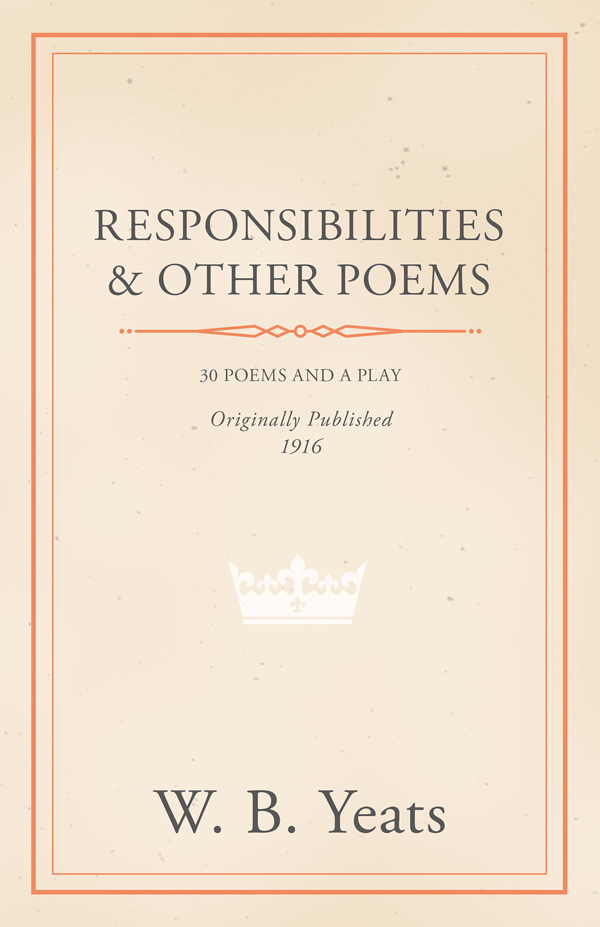
Responsibilities and Other Poems is a 1916 collection of poetry by William Butler Yeats. This fantastic volume is highly recommended for all lovers of poetry, and is not to be missed by readers with an interest in the Irish Literary Revival.
The curtains were half drawn, the floor was swept
And strewn with rushes, rosemary and may
Lay thick upon the bed on which I lay,
Where through the lattice ivy-shadows crept.
He leaned above me, thinking that I slept
And could not hear him; but I heard him say,
‘Poor child, poor child’: and as he turned away
Came a deep silence, and I knew he wept.
He did not touch the shroud, or raise the fold
That hid my face, or take my hand in his,
Or ruffle the smooth pillows for my head:
He did not love me living; but once dead
He pitied me; and very sweet it is
To know he still is warm though I am cold.
Look in thy glass and tell the face thou viewest,
Now is the time that face should form another,
Whose fresh repair if now thou not renewest,
Thou dost beguile the world, unbless some mother.
For where is she so fair whose uneared womb
Disdains the tillage of thy husbandry?
Or who is he so fond will be the tomb
Of his self-love, to stop posterity?
Thou art thy mother’s glass, and she in thee
Calls back the lovely April of her prime;
So thou through windows of thine age shalt see,
Despite of wrinkles, this thy golden time.
But if thou live rememb’red not to be,
Die single, and thine image dies with thee.
Shakespeare’s collection of 154 sonnets beautifully explore the age-old human themes of love and beauty, time and mortality, and contain some of the most revered lines in poetry such as, “Shall I compare thee to a summer’s day?” from sonnet no. 18. Each poem is composed of 14 lines and their structure forms an ‘English’ sonnet.
I watch the doctors walking with the nurses to and fro
And I hear them softly talking in the garden where they go,
But I envy not their learning, nor their right of walking free,
For the emperor of Tartary has died for love of me.
I can see his face all golden beneath his night-black hair,
And the temples strange and olden in the gleaming eastern air,
Where he walked alone and sighing because I would not sail
To the lands where he was dying for a love of no avail.
He had seen my face by magic in a mirror that they make
For those rulers proud and tragic by their lotus-covered lake,
Where there hangs a pale-blue tiling on an alabaster wall.
And he loved my way of smiling, and loved nothing else at all.
Sweet cyder is a great thing,
A great thing to me,
Spinning down to Weymouth town
By Ridgway thirstily,
And maid and mistress summoning
Who tend the hostelry:
O cyder is a great thing,
A great thing to me!
The dance it is a great thing,
A great thing to me,
With candles lit and partners fit
For night-long revelry;
And going home when day-dawning
Peeps pale upon the lea:
O dancing is a great thing,
A great thing to me!
I was a cottage maiden
Hardened by sun and air,
Contented with my cottage mates,
Not mindful I was fair.
Why did a great lord find me out,
And praise my flaxen hair?
Why did a great lord find me out
To fill my heart with care?
He lured me to his palace home—
Woe’s me for joy thereof—
To lead a shameless shameful life,
His plaything and his love.
He wore me like a silken knot,
He changed me like a glove;
So now I moan, an unclean thing,
Who might have been a dove.
O Lady Kate, my cousin Kate,
You grew more fair than I:
He saw you at your father’s gate,
Chose you, and cast me by.
He watched your steps along the lane,
Your work among the rye;
He lifted you from mean estate
To sit with him on high.
How do I love thee? Let me count the ways.
I love thee to the depth and breadth and height
My soul can reach, when feeling out of sight
For the ends of being and ideal grace.
I love thee to the level of every day’s
Most quiet need, by sun and candle-light.
I love thee freely, as men strive for right.
I love thee purely, as they turn from praise.
I love thee with the passion put to use
In my old griefs, and with my childhood’s faith.
I love thee with a love I seemed to lose
With my lost saints. I love thee with the breath,
Smiles, tears, of all my life; and, if God choose,
I shall but love thee better after death.
Elizabeth Barrett Browning was born at Coxhoe Hall, Durham, on 6th March 1806.
Elizabeth Barrett Browning was the daughter of Edward Barrett Moulton Barrett, who assumed the last name on succeeding to the estates of his grandfather in Jamaica. She spent her youth at Hope End, near Great Malvern. While still a child she showed her gift, and her first published work was 50 copies of a juvenile epic, on the Battle of Marathon.
On either side the river lie
Long fields of barley and of rye,
That clothe the wold and meet the sky;
And thro’ the field the road runs by
To many-tower’d Camelot;
The yellow-leaved waterlily
The green-sheathed daffodilly
Tremble in the water chilly
Round about Shalott.
Willows whiten, aspens shiver.
The sunbeam showers break and quiver
In the stream that runneth ever
By the island in the river
Flowing down to Camelot.
Four gray walls, and four gray towers
Overlook a space of flowers,
And the silent isle imbowers
The Lady of Shalott.
O what can ail thee, knight-at-arms,
Alone and palely loitering?
The sedge has withered from the lake,
And no birds sing.
O what can ail thee, knight-at-arms,
So haggard and so woe-begone?
The squirrel’s granary is full,
And the harvest’s done.
I see a lily on thy brow,
With anguish moist and fever-dew,
And on thy cheeks a fading rose
Fast withereth too.
I met a lady in the meads,
Full beautiful—a faery’s child,
Her hair was long, her foot was light,
And her eyes were wild.
Discover more gothic love poems in Eternal Obsessions, our anthology of poetry on love, life, and loss.
A mesmerising pocket-sized anthology of classic poetry that embraces the exquisite beauty, profound darkness, and macabre romance of gothic literature.
Delving into the enigmatic landscape of love, life, and loss, this collection explores passions and infatuations that have haunted the human heart for centuries. This anthology offers a glimpse into the depths of grief and romance, featuring work from prolific writers such as Christina Rossetti, John Keats, Emily Brontë, Oscar Wilde, and Shakespeare. Spanning generations of lovesick poets and tortured souls, the poems carefully collated in this volume surpass the constraints of time.
Ragged Hand proudly presents Eternal Obsessions – Gothic Poems of Love, Life, and Loss, an eloquent collection of lyrical poetry that stirs the heart and offers solace to the soul.
Discover more poetry books:

